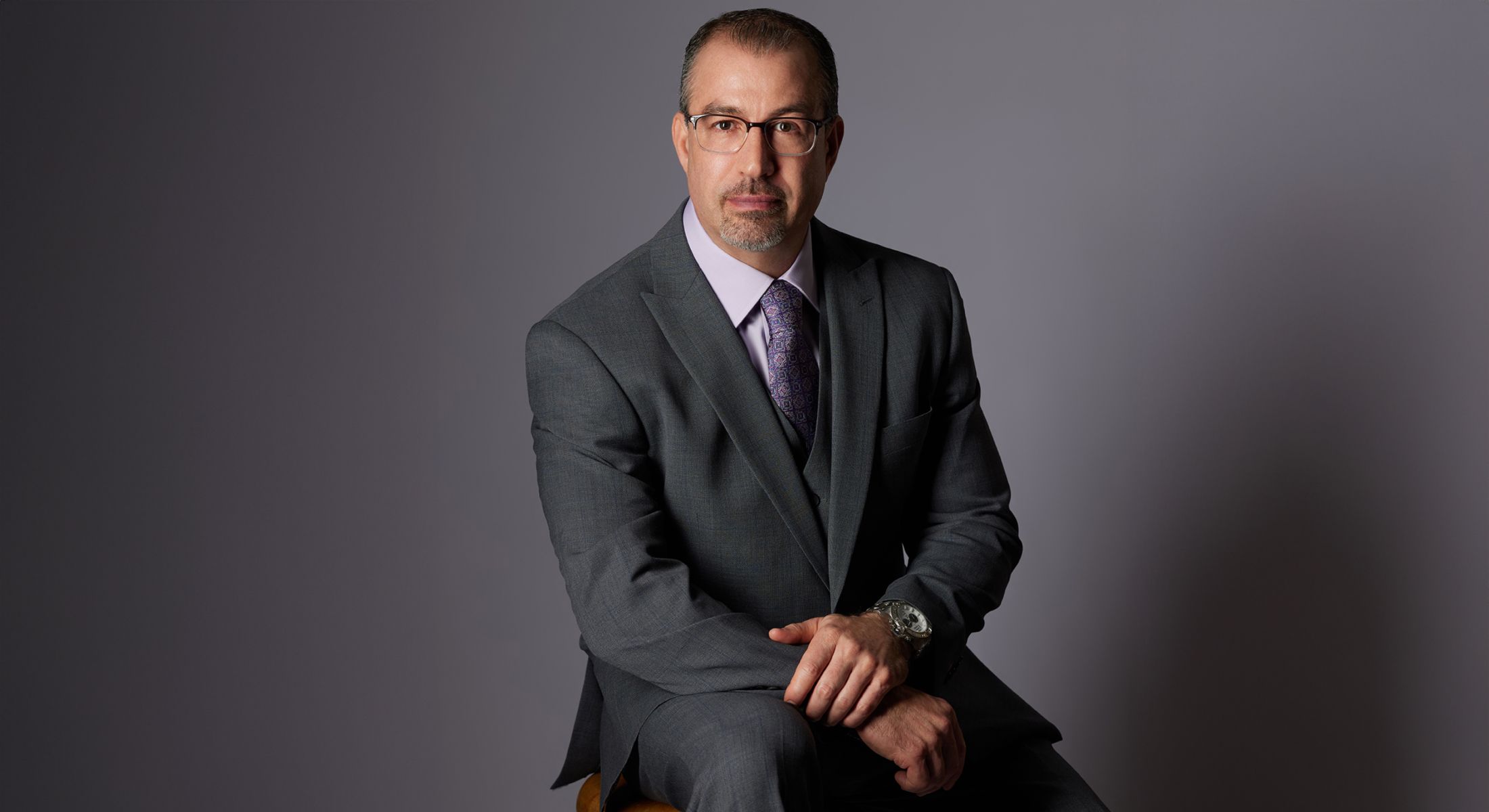Why Is Sleep So Important?
If you struggle with getting good sleep, you're not alone. Sleep is a fundamental pillar of health, just like diet and exercise, yet millions of people experience poor-quality sleep due to stress, lifestyle factors, and underlying health conditions. As a functional medicine physician, I emphasize treating the root causes of sleep disturbances rather than just addressing symptoms. In this blog, we'll explore why sleep matters, how to measure sleep quality, and how to improve it naturally.
Causes of Poor Sleep
Understanding what disrupts your sleep is the first step in improving it. Here are some of the most common culprits:
- Chronic Stress: Elevated cortisol levels interfere with the body's ability to fall and stay asleep.
- Poor Sleep Hygiene: Irregular sleep schedules, excessive screen time, and exposure to bright lights before bed disrupt circadian rhythms.
- Diet & Stimulants: Caffeine, alcohol, and heavy meals close to bedtime can interfere with deep sleep.
- Lack of Physical Activity: A sedentary lifestyle can make it harder to fall asleep and reduce deep sleep duration.
- Medical Conditions: Sleep apnea, restless leg syndrome, and hormonal imbalances can impair sleep quality.
Health Consequences of Poor Sleep
Poor sleep doesn't just make you tired-it has serious long-term health effects, including:
- Increased risk of chronic diseases like diabetes, hypertension, and cardiovascular disease.
- Cognitive decline and increased risk of neurodegenerative disorders like Alzheimer's.
- Weakened immune function, making you more susceptible to infections.
- Weight gain and metabolic dysfunction, as poor sleep alters hunger hormones and increases cravings for unhealthy foods.
- Mood disturbances like anxiety, depression, and irritability.
Characteristics of Good Sleep Hygiene
Good sleep hygiene sets the foundation for restorative sleep. Follow these key principles:
- Consistent Sleep Schedule: Go to bed and wake up at the same time every day, even on weekends.
- Optimize Your Sleep Environment: Keep your bedroom cool, dark, and quiet.
- Limit Blue Light Exposure: Reduce screen time at least an hour before bed or use blue light blocking glasses.
- Create a Relaxing Pre-Bed Routine: Reading, meditating, or gentle stretching can signal your body it's time to wind down.
- Avoid Stimulants in the Evening: Caffeine should be limited at least 6 hours before bedtime.
- Exercise Regularly: Moderate physical activity earlier in the day improves sleep quality.
Why You Should Track Sleep With a Wearable Device
Using a wearable device like a Garmin, Apple Watch, or Oura Ring can help you understand and improve sleep quality by tracking key sleep metrics:
- Total Sleep Duration: Monitors how long you sleep each night.
- REM & Deep Sleep: Tracks different sleep stages to ensure adequate recovery.
- Heart Rate & Heart Rate Variability (HRV): Low resting heart rate and high HRV during sleep indicate good recovery and overall health.
- Sleep Efficiency: Measures time spent in bed versus actual sleep time.
Understanding REM & Deep Sleep: How Much Do We Need?
- REM Sleep (20-25% of total sleep): This is essential for memory consolidation, learning, and emotional regulation. It should start within 90 minutes of going to sleep and typically increases in duration as the night progresses.
- Deep Sleep (15-20% of total sleep): This stage is critical for physical recovery, immune function, and hormone regulation. Deep sleep primarily occurs in the first half of the night.
- Total Sleep Goal: Adults should aim for 7-9 hours of sleep per night, ensuring they get enough of both REM and deep sleep.
This screenshot is taken after a good night cs sleep lasting 8 hours and 21 minutes using the Garmin Venu 3 wearable device. REM starts within 90 minutes of going to sleep and was quantified as 2 hours and 27 minutes (29%). Deep sleep occurred primarily in the first half of the evening and lasted 1 hour 19 minutes (16%).
This screenshot is taken after a shortened night's sleep lasting 5 hours and 29 minutes using the Garmin Venu 3 wearable device. REM does not start within 90 minutes of going to sleep and was quantified as 1 hour and 21 minutes (24%). Deep sleep did not primarily occur in the first half of the evening and lasted 1 hour 40 minutes (30%).
The Relationship Between Sleep, Resting Heart Rate, and HRV
- Resting Heart Rate (RHR): A lower RHR at night indicates better cardiovascular fitness and recovery.
- Heart Rate Variability (HRV): A higher HRV is associated with better stress resilience and nervous system balance. Poor sleep lowers HRV, which can indicate increased stress or overtraining.
- Wearable devices help track RHR and HRV trends, allowing you to adjust lifestyle factors to improve sleep and recovery.
Natural Supplements to Support Better Sleep
For those who need additional sleep support, certain supplements can be beneficial:
- Melatonin (0.5-5 mg before bed): Helps regulate circadian rhythms and can be useful for people with jet lag or sleep cycle disruptions.
- L-Theanine (100-200 mg): A natural amino acid that promotes relaxation and reduces anxiety.
- Chamomile Tea: Contains apigenin, which binds to receptors in the brain to induce sleepiness.
- Magnesium (200-400 mg): Supports muscle relaxation and stress reduction.
Final Thoughts
Improving sleep isn't just about going to bed earlier-it's about understanding your body, tracking patterns, and making necessary adjustments. By addressing lifestyle habits, optimizing sleep hygiene, and using smart wearables, you can significantly improve both sleep quality and overall health. If sleep issues persist, consider working with a functional medicine expert to assess underlying causes and develop a personalized plan.
Need Help With Your Sleep?
At Longevity Health Clinic, we specialize in root-cause medicine, helping patients optimize their sleep for better energy, recovery, and long-term health.






